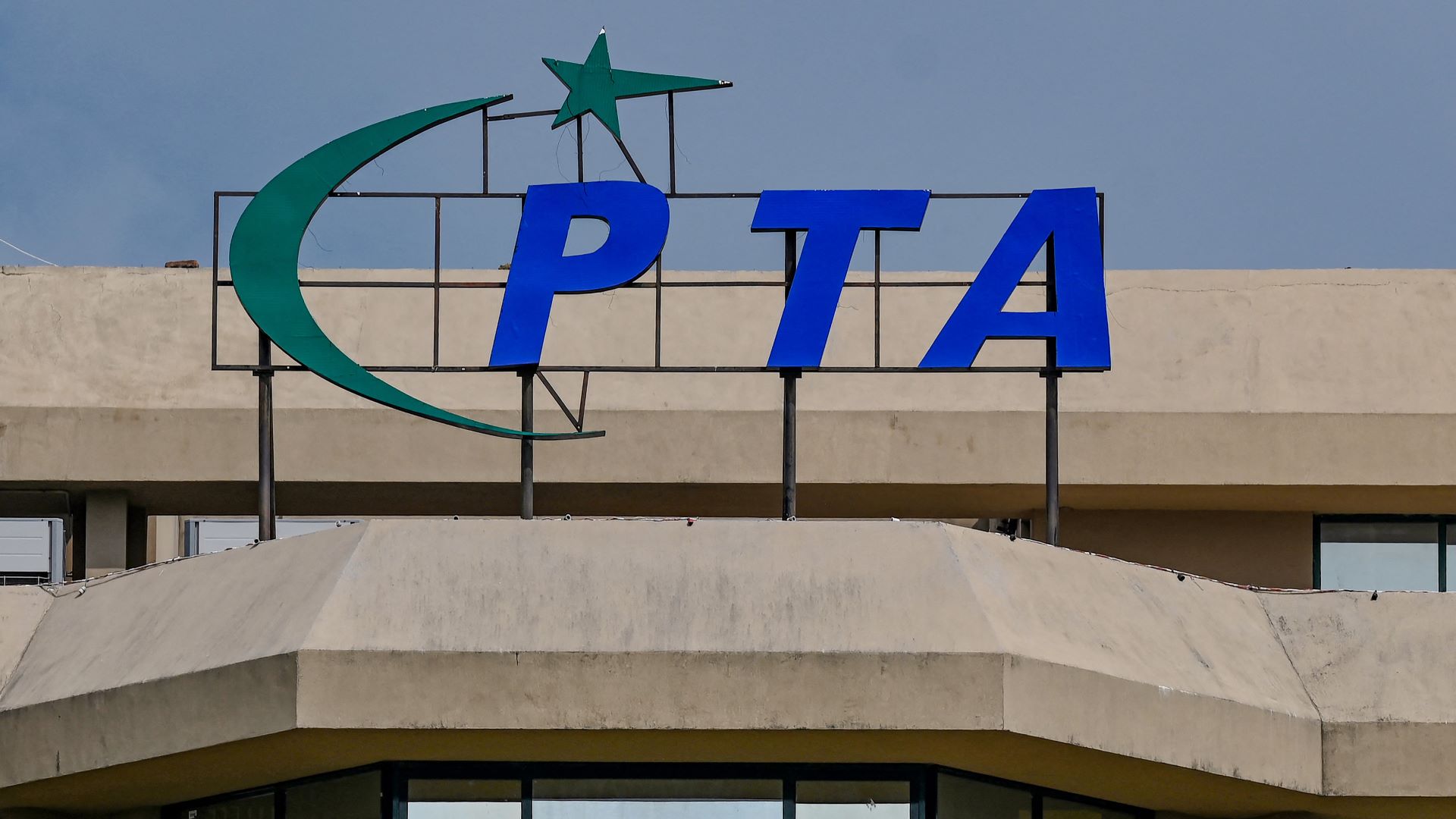Pakistan restarts VPN licensing in fresh bid to control online space
The Pakistan Telecommunication Authority (PTA) has authorized five more companies to offer "lawful" VPN services

Sign up for breaking news, reviews, opinion, top tech deals, and more.
You are now subscribed
Your newsletter sign-up was successful
- Pakistan has resumed VPN licensing under a new framework
- Five local companies are now authorized to provide "lawful" VPN services
- Users can use these licensed VPNs without registering their personal IP with the PTA
Pakistan's government has taken a significant new step in its long and often controversial campaign to regulate the internet, officially launching a licensing regime for Virtual Private Network (VPN) providers.
The Pakistan Telecommunication Authority (PTA) announced on November 13 that it has granted the first set of licenses to five local companies, authorizing them to offer what it calls "secure and lawful" VPN services to the public.
This move is the latest chapter in a multi-year effort by authorities to regulate VPN usage, tools that have become essential for many Pakistanis to bypass widespread censorship.
Major social media platforms, including X (formerly Twitter), have been intermittently or permanently blocked for months, forcing citizens and businesses to turn to the best VPN services to access the global internet freely.
For users, one of the immediate changes now is that they can use these specific licensed services without needing to go through the previously cumbersome process of registering their individual IP addresses directly with the PTA.
A new framework, old concerns
While the government presents this as a measure to enhance cybersecurity and provide regulatory convenience, the context of Pakistan's digital landscape raises serious concerns for privacy advocates.
Previous attempts to ban "unregistered" VPNs have faltered due to legal challenges and public backlash, leading to this new, more structured approach of creating a government-approved pool of providers.
A post shared by PTA (@ptaofficialpk)
A photo posted by on
The core issue remains the potential for surveillance. By forcing VPN providers to be licensed locally, the government makes it easier to compel these companies to monitor user activity and hand over data.
This stands in stark contrast to the policies of major international providers, many of which have strict no-logs VPN policies and have previously pulled physical servers from countries with intrusive data-retention laws, such as neighboring India.
Furthermore, this move is happening against the backdrop of reports that Pakistan is working with China to develop a "Great Firewall" style internet censorship system.
A system of licensed, and therefore controllable, VPNs could be a crucial component of such an infrastructure, ensuring that even citizens attempting to bypass censorship are funneled through state-sanctioned channels.
What does this mean for Pakistanis?

Pakistani citizens now have a choice: use one of the five newly licensed, local VPN providers or continue using international, unlicensed services and risk potential disruptions.
The PTA's announcement frames the new system as a way to promote "regulatory facilitation, user convenience, and enhanced cybersecurity across Pakistan’s digital ecosystem." However, for many, the greater risk is not malware but the loss of anonymity and the potential for the state to monitor their online activities.
Digital rights experts have consistently warned that such regulatory efforts could severely harm the growth of the country's digital economy, which relies heavily on open internet access for freelancers, IT companies, and startups. Previous crackdowns on VPNs have already been blamed for throttling internet speeds and creating an unpredictable online environment for businesses.
As this new licensing regime rolls out, the key question will be whether the PTA will now more aggressively block access to international VPN providers that refuse to apply for a local license.
If that happens, millions of Pakistanis who rely on these tools for privacy, security, and access to information will face a stark choice between using a potentially compromised local service or being cut off from the global internet.
Follow TechRadar on Google News and add us as a preferred source to get our expert news, reviews, and opinion in your feeds. Make sure to click the Follow button!
Sign up for breaking news, reviews, opinion, top tech deals, and more.

Rene Millman is a seasoned technology journalist whose work has appeared in The Guardian, the Financial Times, Computer Weekly, and IT Pro. With over two decades of experience as a reporter and editor, he specializes in making complex topics like cybersecurity, VPNs, and enterprise software accessible and engaging.
You must confirm your public display name before commenting
Please logout and then login again, you will then be prompted to enter your display name.